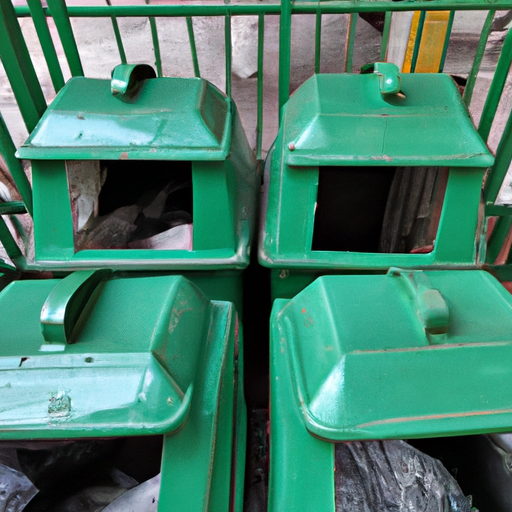As cities around the world continue to grow, the challenges of waste management become increasingly complex. Fortunately, advancements in technology have led to the development of Smart Waste Management Systems that are reshaping the way we handle waste in urban environments.
What are Smart Waste Management Systems?
Smart Waste Management Systems leverage the power of the Internet of Things (IoT) to enhance the efficiency and effectiveness of waste collection and processing. These systems use intelligent sensors, data analytics, and real-time monitoring to optimize waste collection routes, reduce costs, and improve overall sustainability.
Key Features of Smart Waste Management
- Real-time Monitoring: Sensors placed in waste bins monitor levels of trash and alert municipal services when bins are nearly full, preventing overflow and inefficient collection.
- Data Analytics: Analyzing waste generation patterns helps cities plan for better waste management strategies and improve recycling rates.
- Optimized Collection Routes: By using GPS and data from waste bins, collection trucks can save time and fuel, minimizing environmental impact.
- Increased Recycling: Smart systems can help identify recyclable materials and enhance community recycling efforts through user-friendly platforms.
Benefits of Implementing Smart Waste Management
Implementing smart waste management solutions provides numerous benefits for cities and their residents:
- Cost Efficiency: Optimized waste collection routes reduce fuel consumption and labor costs.
- Environmental Impact: Improved recycling rates contribute to lower landfill usage and reduced carbon footprint.
- Enhanced Public Health: Cleaner streets and timely waste collection lead to healthier urban environments.
Real-world Applications
Many cities globally are already reaping the benefits of smart waste management systems. For instance, Barcelona has deployed smart bins equipped with sensors to monitor waste levels, while Toronto uses data analytics to improve its waste management strategy, significantly boosting recycling rates.
Conclusion
As urbanization continues to accelerate, the need for efficient waste management systems is more critical than ever. By adopting smart waste management technologies, cities can enhance their sustainability efforts, reduce costs, and provide cleaner, healthier environments for their residents. The future of waste management is here, and it’s smarter than ever!




